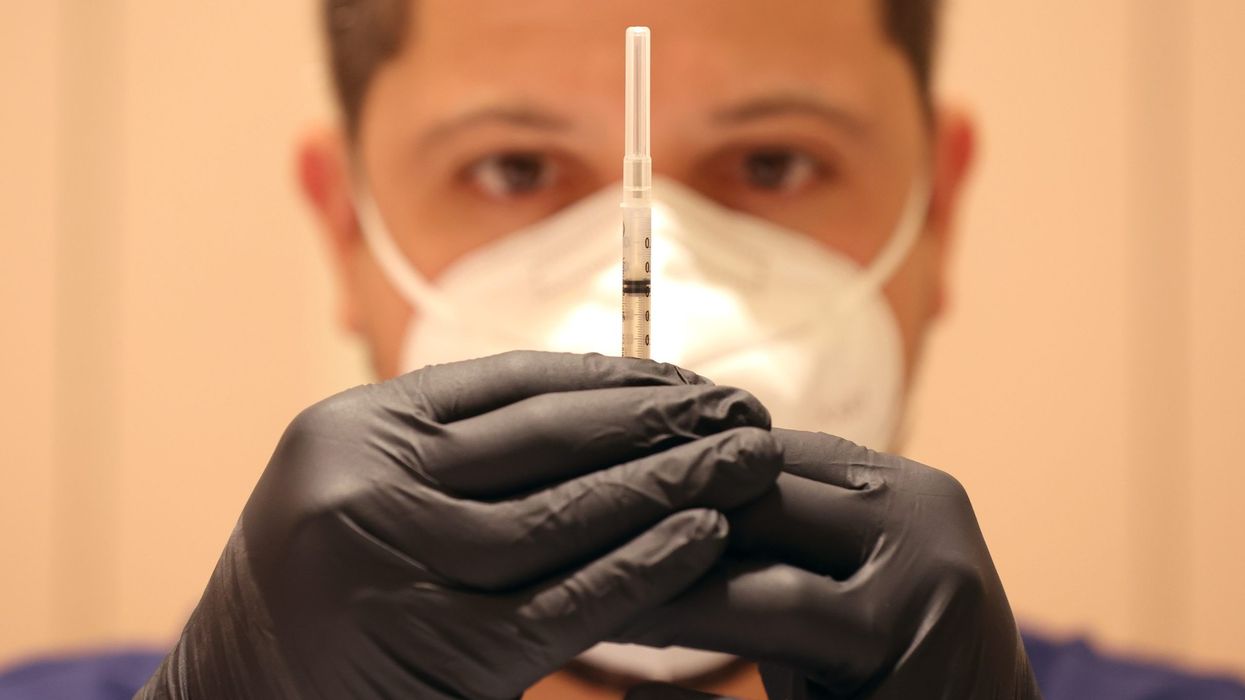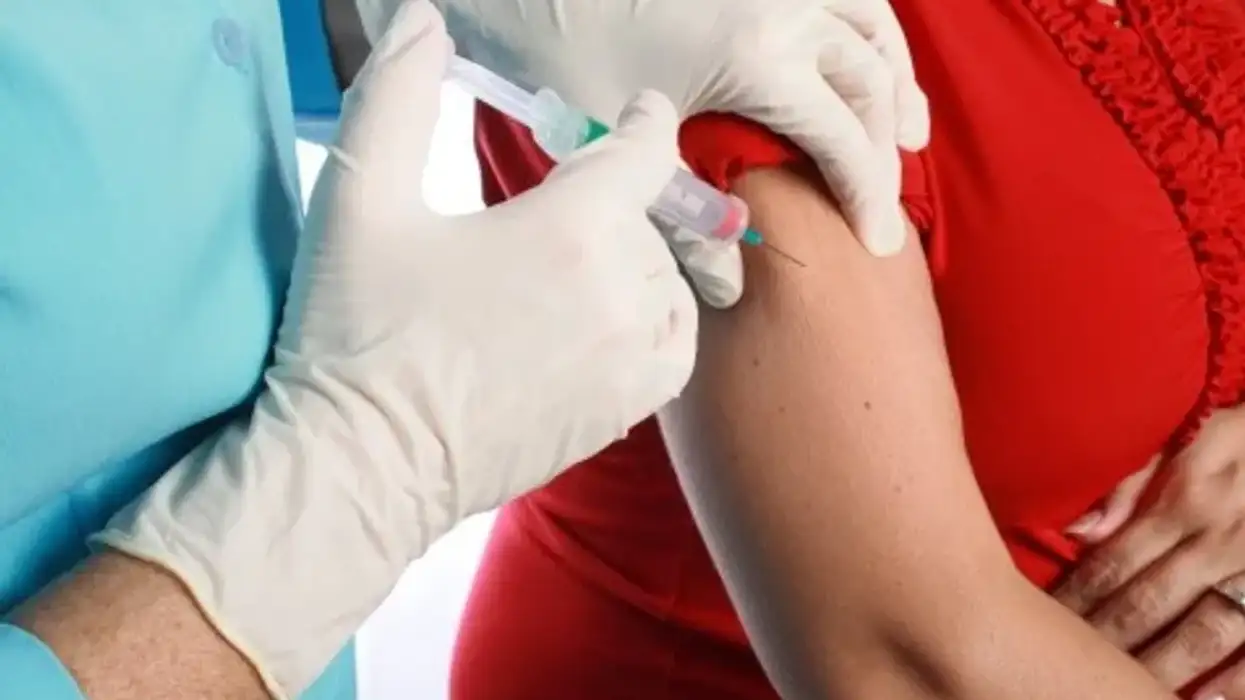According to the final NICE guidance, a drug manufactured by Boehringer Ingelheim has shown clinical evidence of effectiveness in treating strokes
In a significant development, the National Institute for Health and Care Excellence (NICE) has published the final guidance recommending a new clot-busting drug for individuals affected by strokes.
Recommending the use of tenecteplase for treating acute ischaemic stroke in adults, the NICE has said that the drug, also known as Metalyse is poised to deliver substantial savings to the NHS while offering an effective alternative to the currently used alteplase.
Each year, approximately 100,000 people in England are hospitalised due to strokes, with the majority, around 85 per cent, experiencing an ischaemic stroke.
With nearly 1 million individuals living with the long-term effects of a stroke, the NICE has recommended Metaylse as an option for treating acute ischaemic stroke in adults.
According to the final guidance, Metalyse, a drug manufactured by Boehringer Ingelheim, has shown clinical evidence demonstrating the effectiveness of tenecteplase similar to alteplase in dissolving blood clots or preventing their formation.
This clinical equivalence supports its inclusion as a thrombolytic treatment option.
Importantly, tenecteplase comes at a lower cost than alteplase, potentially saving the NHS millions of pounds annually.
"We know that stroke is one of the biggest killers and causes of disability, therefore it is important that patients receive treatments that can help to reduce the effects of a stroke as quickly as possible," the Director of of medicines evaluation at NICE, Helen Knight has said.
"Today’s guidance means that not only will people who have had an ischaemic stroke be able to access a new treatment option, but the NHS could save £millions by switching to it, making it a very effective use of taxpayers’ money."
How does Tenecteplase work?
Tenecteplase is administered during the early stages of a stroke—within 4.5 hours of the onset of symptoms—after ruling out brain hemorrhage.
It works by activating "the production of plasmin, an enzyme that breaks down blood clots thereby helping to restore blood flow through the blocked artery".
This prompt intervention is crucial in minimising the damage caused by the stroke.
First licensed in April 2024 in the UK, Tenecteplase helps to treat ischaemic stroke and is given rapidly through a line in the vein.












